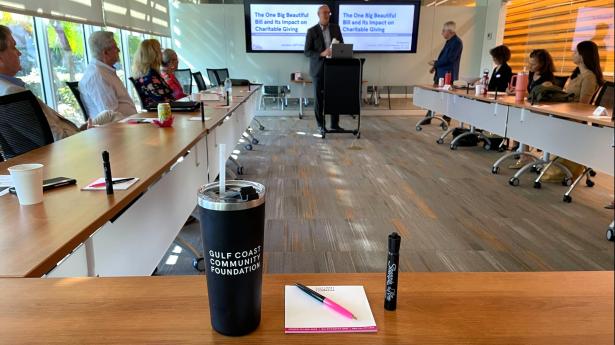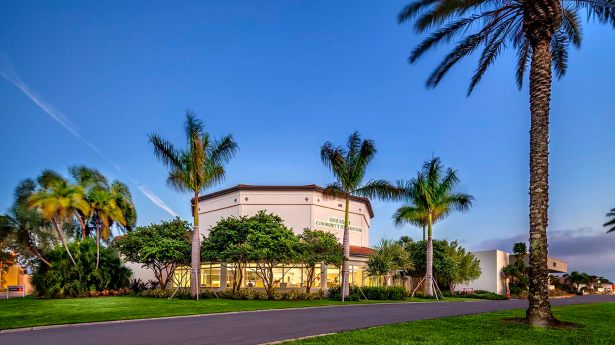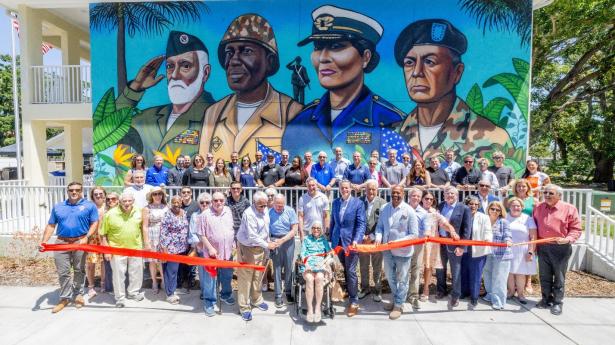Vital Services Go Virtual
The COVID-19 pandemic has forced many nonprofits to shift to virtual delivery of their services. Grants through our COVID-19 Response Initiative helped several local organizations make that transition as quickly and smoothly as possible. Some are even reaching more people with expanded services now.
Needed Breaks for Essential Caregivers
“For a family raising a child with a disability, it’s a 24-7-365 job,” says Mary J Smith, executive director of Family Network on Disabilities (FND) of Manasota, a nonprofit that assists families of children with disabilities and special needs. “The stress level can be very high in the home.”
That’s why respite care is so vital for these parents and grandparents—to give them a break from their essential everyday responsibilities. It’s usually offered for several hours at a time in a family’s own home, but that simply wasn’t possible earlier this year.
A $5,000 grant from the COVID-19 Response Initiative helped FND Manasota offer a virtual alternative to its traditional in-person respite care. Using apps and interactive online games, FND Manasota’s respite workers could entertain kids for an hour or so.
"It was at least a little break for the caregivers,” says Smith. “It takes a lot to raise a child with a disability. Respite care is one thing we can do as an organization to help that family unit be stronger and be empowered.”
Flexible and Available
To offer its child and family therapy virtually, Forty Carrots Family Center needed some technological updates. A $15,000 grant from the COVID-19 Response Initiative helped the provider of parenting education, mental-health services, and preschool instruction purchase laptops for staff and a telemedicine platform for its mental-health work.
Though the transition was necessary, the ability to provide services virtually will be a long-term asset for Forty Carrots, especially since families sometimes have transportation or childcare challenges that make in-person meetings hard.
“There are all kinds of things that families face that are barriers to them getting services,” says Michelle Kapreilian, CEO of Forty Carrots. “So for the future, we see this as being a real hybrid. For some people it may be better to meet in-person, and for some it may be better to meet remotely. It really does open up a whole new avenue for us to be flexible and available.”
Case in point: A parent who works as a truck driver was now able to call in from the road. “While COVID-19 has made a lot of things more difficult, embracing opportunities and innovations is how we have been forging through this,” says Kapreilian. “It’s just tremendous how the philanthropic community has really gathered around all of us, knowing how important it is for all of the nonprofit work to continue on.”
Sustaining Parent-Child Bonds
For the Child Protection Center, shutting down during the height of the pandemic just wasn’t an option.
“Families were more isolated and under much more stress,” says Sheila Miller, vice president of philanthropy for the nonprofit, which provides child-abuse prevention, intervention, and treatment. “If there were issues before, they were going to be heightened. It was essential that our programs continue to operate.”
A $7,500 COVID-19 Response grant helped Child Protection Center shift its supervised visitation program online, just as demand for those visits was increasing. “It was vital that we continue this program to continue those relationships [between parent and child],” says Miller.
Everyone got creative in this new format. One parent baked cookies during the virtual visit; another played with action figures in tandem with their child.
Virtual services will continue to be an option going forward, especially since many of the volunteers who facilitate these visits are older and more at risk of COVID-19. “The pandemic definitely forced us to pivot and think outside the box to see how we could help our families continue to engage,” says Miller. “We’re so grateful that Gulf Coast and the Barancik Foundation were willing to listen to our concerns, especially when we didn’t completely know what things were going to look like. But they were confident in us.”
New Women's (and Men's) Resources
“The majority of our clients earn below the sustainable wage and are struggling to make ends meet,” says Ashley Brown, president and CEO of Women’s Resource Center. “Our client population has really been impacted by the pandemic, so being able to continue operating without a hiccup was really important.”
A $21,500 grant from the COVID-19 Response Initiative helped the nonprofit, which provides resources and support for women of all ages and backgrounds, move its career, educational, empowerment, and wellness services online. And that has actually made it easier, in some cases, to reach more local women.
“We had a client from North Port who used to have trouble getting to the Venice office for her appointments,” says Brown. “But now she can make it without any difficulty because she doesn’t have transportation or childcare issues. So even when we go back to whatever the new normal is going to be, our remote programming will be a part of our services.”
The virtual offerings also have reduced the no-show rate, from 10% to 5%. And Women’s Resource Center is even serving more men these days, who might feel more comfortable seeking help from a “women’s organization” in an online setting.
“The most important thing we can do is keep helping the people who are still struggling,” says Brown.



